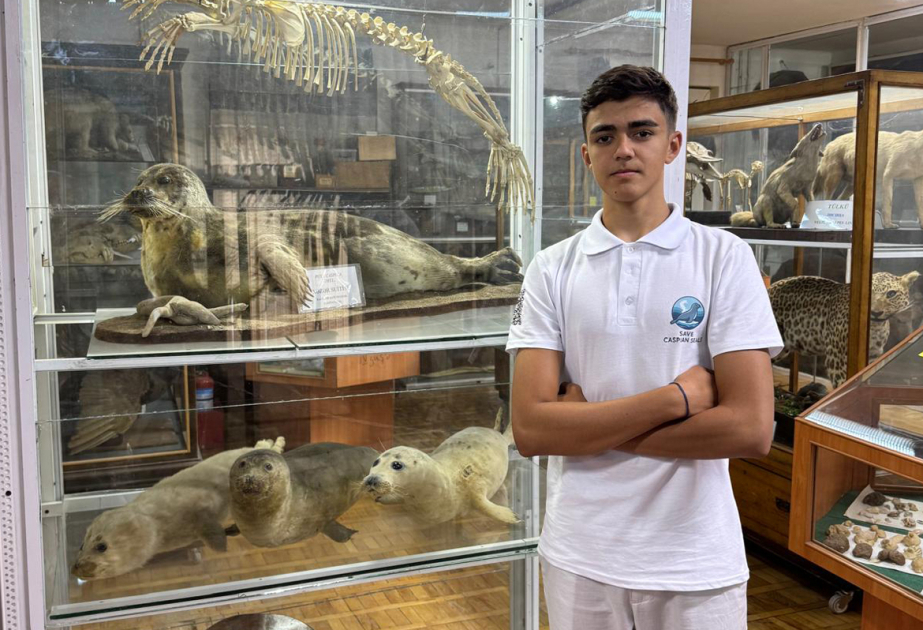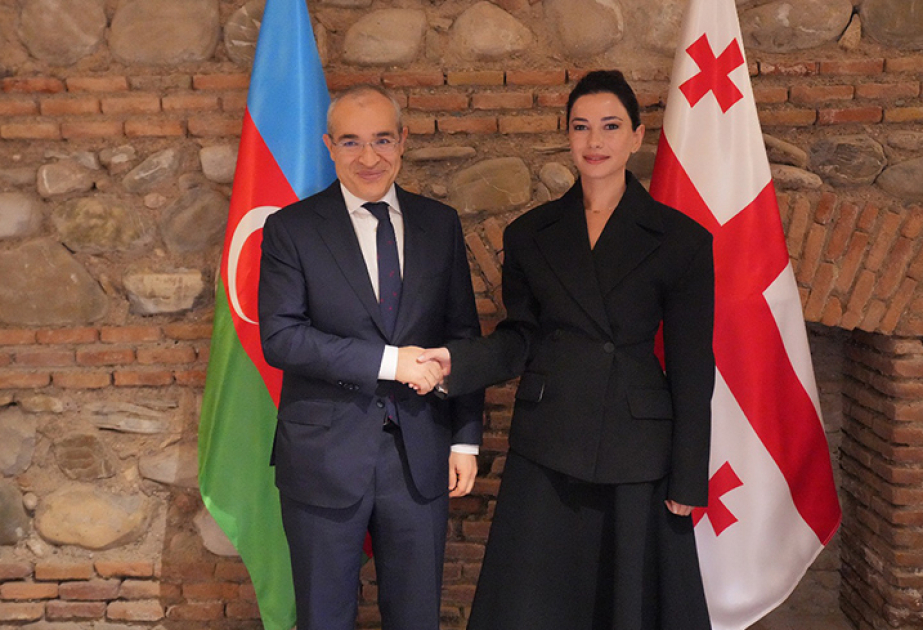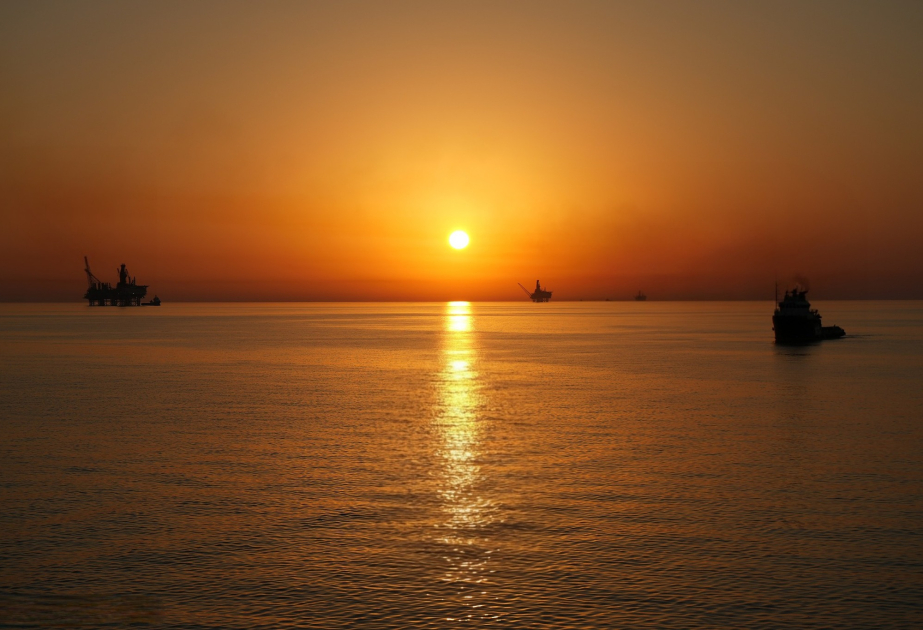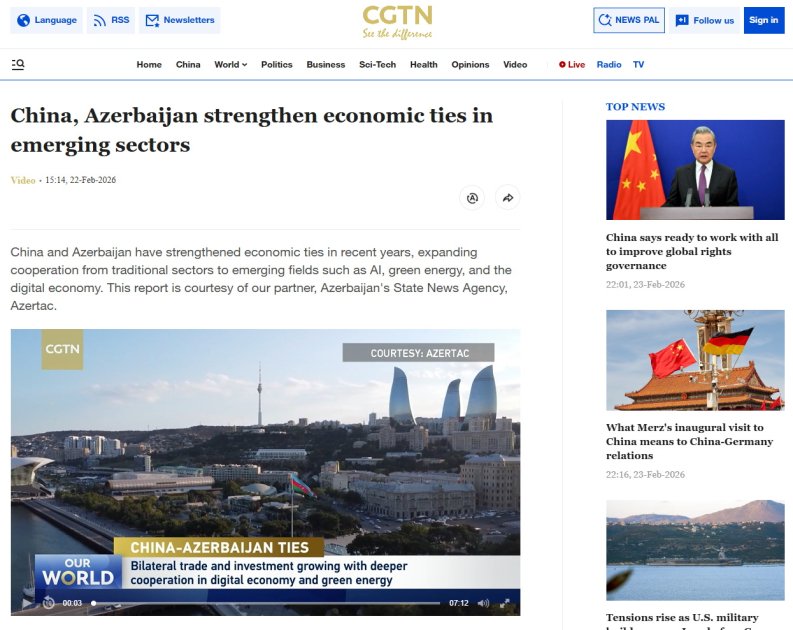August 12 – Caspian Day was established in 2006 by the leaders of Azerbaijan, Iran, Russia, Turkmenistan, and Kazakhstan. These five littoral nations signed the Framework Convention for the Protection of the Marine Environment of the Caspian Sea, pledging to safeguard the world’s largest inland body of water.
This date serves as more than a mere marker on the calendar; it is a pressing reminder of the critical threats facing the biodiversity of the Caspian Sea. As a vital resource sustaining millions of people and innumerable species, the Caspian represents both an ecological and cultural cornerstone. Continued environmental degradation risks the irreversible loss of a unique ecosystem and an integral element of regional heritage.
The Caspian Sea in Crisis
In recent decades, the Caspian’s water levels have been falling at an alarming rate, reaching their lowest recorded point in 2025. Scientists warn of a further 4-meter drop within the next decade, driven by a dangerous combination of climate change, rising temperatures, reduced river inflows, and unsustainable human activity.
Pollution—industrial waste, untreated sewage, oil spills, and plastic—has poisoned the water. The Volga River, supplying 80% of the Caspian’s freshwater, is increasingly diverted for agriculture, hydropower, and industrial use before reaching the sea. Meanwhile, urban expansion and industrial development along the coast have destroyed natural habitats, pushing species to the brink of extinction.
Endangered Species in the Caspian Sea
According to the Red Book of the Republic of Azerbaijan Caspian sturgeon, Caspian seal, Caspian trout, Ship sturgeon and Persian sturgeon (Caucasus/Kura sturgeon) are in either Critically Endangered (CR) or Endangered (EN) Caspian Sea species.
Save Caspian Seals (SCS): Fighting for Survival
The Silence of the Seals
The Caspian seal (Pusa caspica) is a rare, delicately built marine mammal found only in the Caspian sea. In the early 20th century, the seal population numbered around 1 million; today, that number has dropped to just 70,000–100,000. Major causes of this decline include industrial pollution, poaching, entanglement in fishing nets, loss of ice habitat, and viral infections. If this trend continues, seals may disappear completely.
Decline in the number of seals is not just the loss of a species. They are a vital link in the Caspian’s food chain. Their absence disrupts the balance among fish, crustaceans, and plankton. For instance, fewer seals may lead to an overgrowth of sprat fish, reducing food for other species and causing harmful changes in the ecosystem.
“Before the voices of these gentle creatures disappear, we must rise to defend them.”
At the forefront of the battle to protect the Caspian seal is the Save Caspian Seals (SCS) initiative, founded by Fateh Arif Kerimli.
SCS is dedicated to reversing the decline of Pusa caspica through awareness, education, research, and youth action. The organization’s mission is clear: to protect this endangered species, restore the balance of the Caspian ecosystem, and inspire a generation to stand for environmental justice.
Current SCS projects include:
• A powerful mini-documentary revealing the seal’s plight.
• Social media campaigns reaching thousands with facts and calls to action.
• Ecological workshops that teach communities how to protect the Caspian.
• Awareness stands at public events, giving people a chance to learn, engage, and take part in conservation.
Through these efforts, SCS is building a movement—uniting scientists, activists, policymakers, and everyday citizens in a shared mission to ensure the Caspian seal not only survives but thrives.
Your Role in Saving the Caspian
A Call to Action: Don’t Let the Caspian Fall Silent!
Protecting seals is not just a biological duty—it’s an ethical and human responsibility. At “Save Caspian Seals,” we call on everyone to join this cause. If young people, scientists, NGOs, governments, and the private sector work together, the voice of the Caspian—the voice of the seals—will not be silenced.
Considering best practices, we, the volunteers of Save Caspian Seals, propose the following solutions for the protection of Caspian seals::
Establish protected seal zones across mostly seals inhabited areas of Absheron Peninsula
Strengthen environmental legislation
Create seal rehabilitation centers and sanctuaries
Promote awareness and eco-tourism
To preserve the Caspian Sea is to protect our underwater heritage for future generations. Let’s not ignore today’s silent tragedy. The steps we take today will shape the nature of tomorrow.
For contact and support:
Follow us on social media: @SaveCaspianSeals
Join our campaigns and raise your voice for the Caspian Sea and its living creatures!
#CaspianDay #SaveTheSeals #CaspianSeals





















